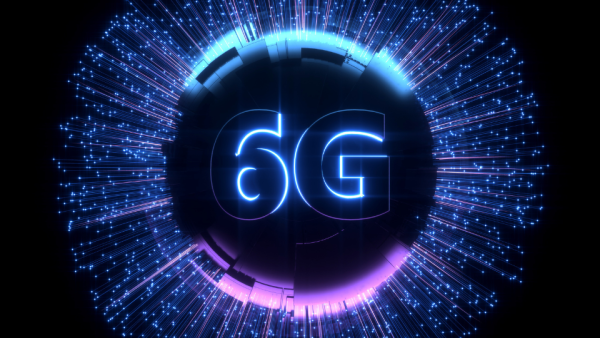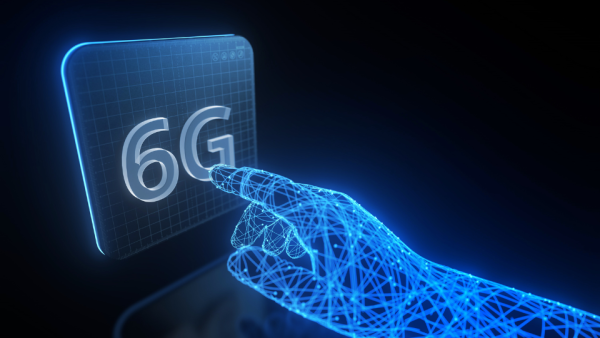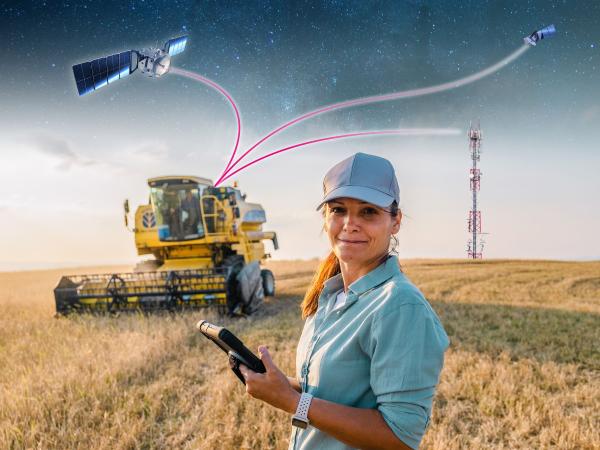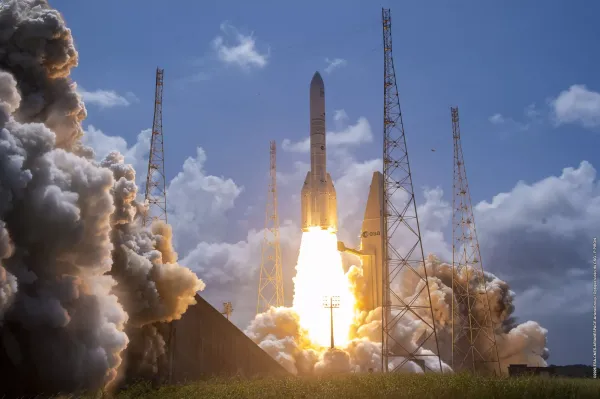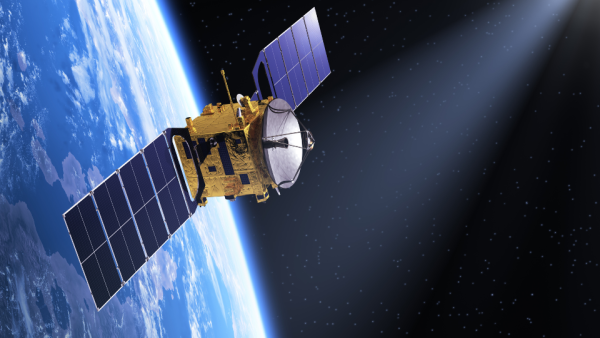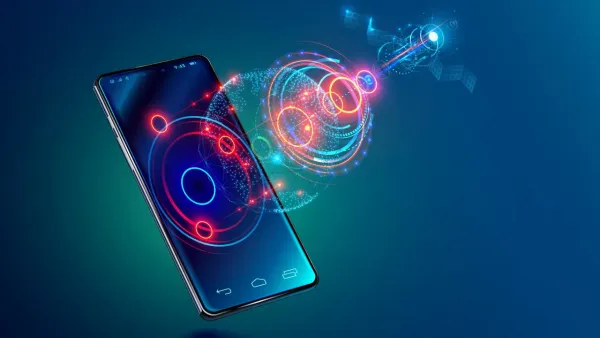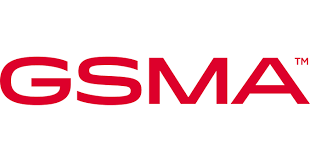Written by Alan Weissberger for TechBlog.Comsoc.org
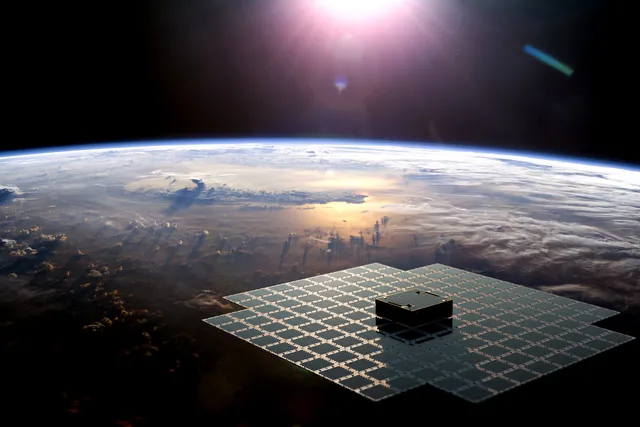
Image Credit: Image: AST SpaceMobile
Satellite communications firm AST SpaceMobile, with the help of AT&T, has announced the first two-way audio call using satellites with standard smartphones as the end points. The initial call was placed using AT&T’s cellular network in Midland, Texas, to mobile carrier Rakuten in Japan using AST SpaceMobile’s BlueWalker 3 satellite in Low Earth Orbit (LEO), a breakthrough that could improve global cellular connectivity in remote regions without access to cell towers.
AST SpaceMobile claims this is “the first time anyone has ever achieved a direct voice connection from space to everyday cellular devices.” The phone call was made from an unmodified Samsung Galaxy S22 in Midland, Texas, using mobile spectrum from AT&T and connected to an iPhone used by Japanese tech giant Rakuten. Engineers from AT&T, Rakuten, and UK-based telecommunications company Vodafone assisted with the testing.
The use of satellites could be a significant step toward increasing cellular access not only in the U.S., where large areas of the country struggle with service, but in developing countries too. Typically a mobile phone call requires nearby cell towers to provide service. Many areas across the United States, such as rural communities and national parks, are “dead zones” — yes, just like the eerie early 2000s Verizon commercials warned. The same technology could be a great solution to the same issues in developing countries. Instead, satellites could act as a sort of space-based network of cell towers — with AST SpaceMobile claiming it’s “building the first and only space-based cellular broadband network.”
AT&T aims to use satellites to provide global cellular broadband from 2G to 5G. “Achieving what many once considered impossible, we have reached the most significant milestone to date in our quest to deliver global cellular broadband from space,” Abel Avellan, CEO and chairman of AST SpaceMobile, said in a press release. “While we take a moment to celebrate this tremendous accomplishment, we remain focused on the path ahead and pivotal next steps that get us closer to our goal of transforming the way the world connects.”
Margherita Della Valle, Vodafone Group Chief Executive, said: “Today, we have taken another major step in mobile communications. 30 years after Vodafone sent the world’s first text message, we supported AST SpaceMobile in successfully making the first ever direct-to-smartphone test call using satellite communications. This is just the start. As a lead investor in AST SpaceMobile, we will continue to break technological boundaries by connecting many more millions of people across the planet when the service becomes commercially available.”
Mickey Mikitani, Rakuten Chairman & CEO, commented: “It was a unique thrill and honor to have the Rakuten team talk with Abel in a world-first direct-to-satellite experience. Congratulations to AST SpaceMobile and all of its strategic collaborators on this groundbreaking event. As technological advancements like space connectivity become possible with pioneers like AST SpaceMobile, Rakuten will also progress even further along the road to democratizing connectivity for all.”
Chris Sambar, Head of AT&T Network, said: “AT&T’s heritage began with the birth of the telephone 147 years ago and has continued with many other firsts including: trans-continental call, overseas call, call from the moon, and partnering to deliver the only network built with and for America’s first responders. We connect people to greater possibility, and this important milestone with AST SpaceMobile is a big step and we can’t wait to see what’s next in our space-based journey.”
It’s unclear whether satellite access would come at an extra cost. In AT&T’s original AST SpaceMobile partnership annoucement, the company couldn’t say whether existing plans would include satellite coverage. While satellite offerings aren’t available for consumers yet, this successful test brings widespread access one step closer to becoming a reality.
Other U.S. network operators are also pursuing satellite network mobile phone calls:
Verizon teamed up with Amazon’s Project Kuiper satellite network in 2021 with the intention of connecting underserved communities and industries. Amazon is in the midst of launching its satellites into space, with its FCC license requiring at least half of the 3,236 they plan to deploy to be operational by July 2026.
T-Mobile has partnered with SpaceX, a major competitor of Project Kuiper, with plans to “start getting into testing” its satellite mobile coverage this year. There are currently over 4,000 Starlink satellites in orbit, though some have experienced issues requiring them to be removed from orbit or tested further. T-Mobile has claimed customers should have satellite access through most existing plans and, like AT&T, that existing phones should work with the satellite offerings.
Click here to read the original article.

